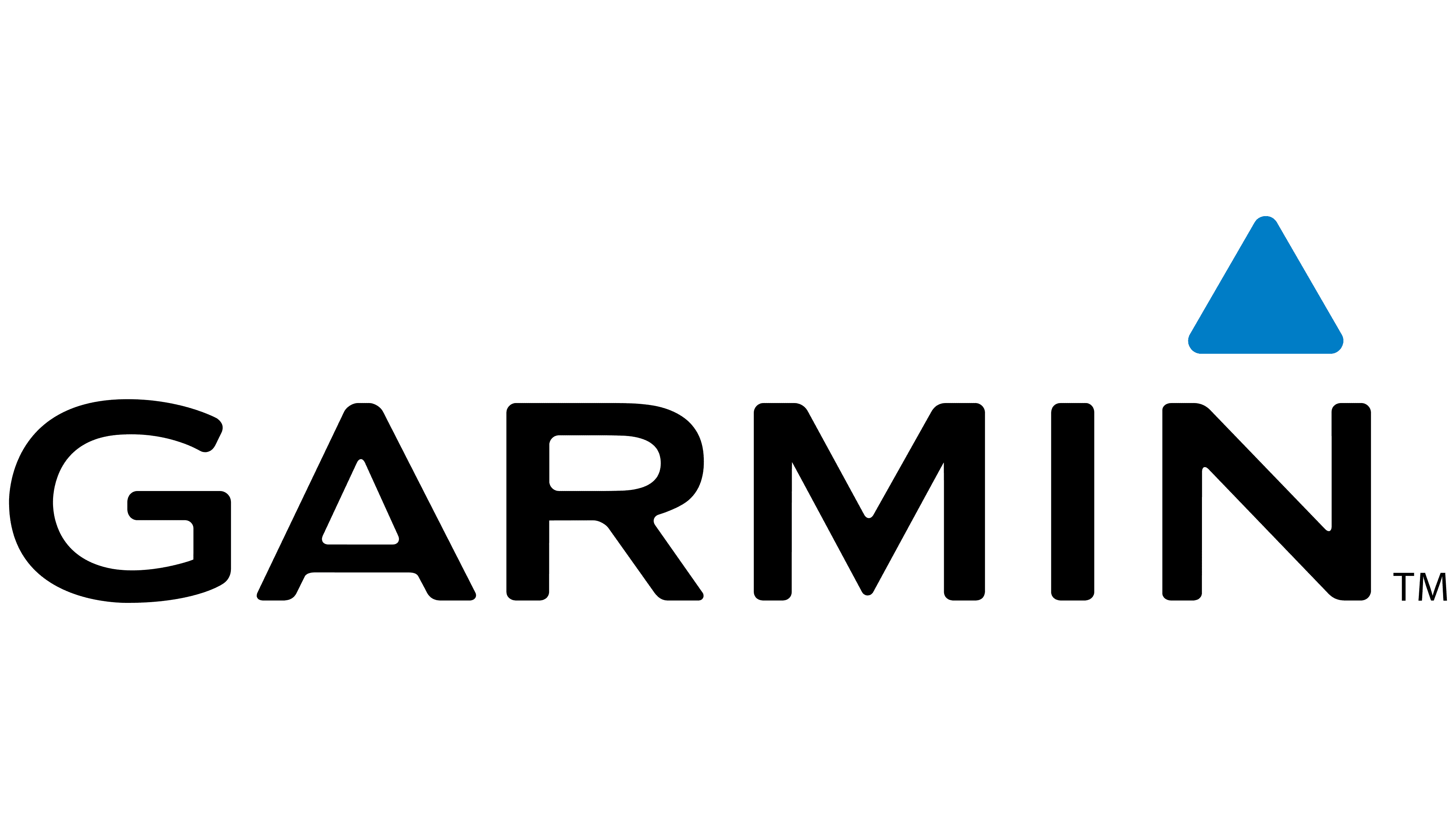Towing Company Eliminates Dispatching Headaches,
Enhances Customer Service with GPS Fleet Management
The unpredictable nature of the towing industry means a truck will never be in the right place at the right time, says Nick Schade, director of operations for Tony’s Wrecker Service Inc. “The towing business is not appointment based," he says. “For the most part, it’s spur-of-the-moment, similar to the fire department. Nobody knows when they’ll have an accident."
In previous years, such fluctuations meant a flurry of calls between Schade and his drivers to identify who was closest to the next stop. That became more challenging when a federal ban on hand-held cell phone use in commercial vehicles went into effect in 2012.
Fortunately for Schade, there was a solution that addressed many of his concerns. In April 2012, he deployed SageQuest’s GPS fleet-management software.
Schade first looked into the fleet-tracking solution after learning about it from some colleagues while attending an industry conference. A fellow towing industry professional showed SageQuest’s reporting capabilities on his smartphone to Schade. After considering several possible solutions, Schade settled on SageQuest because of the software’s reporting capabilities. “Reliability came into question a couple of times with some of the other systems I had considered,” Schade says. “The amount of time to update was a factor. SageQuest was about 90 seconds while the others were every two to three minutes. The solution was deployed to 11 of the company’s 13 trucks. Initially, Schade was primarily interested in having a general oversight of this fleet.
He didn’t implement SageQuest to address major concerns about employees misusing trucks or excess fuel consumption. Schade was more intrigued by the ability to track mileage for tax-reporting purposes and obtain discounts on his insurance premiums.
Soon after implementing SageQuest, Schade discovered additional benefits, including safer driving practices, more efficient dispatching and billing-verification capabilities.
Streamlined Communication
Tony’s Wrecker Service provides light- and heavyduty towing services, vehicle rescue and recovery, and truck repair.
The company’s fleet services Kentucky and surrounding states. Its wide regional reach can present dispatching challenges when responding to emergency calls, yet SageQuest has helped streamline the dispatching process. For instance, if a driver is returning to Louisville from Indiana and another call comes in from Indianapolis, Schade can use SageQuest to see if the driver is still in the area. He can then send routing information from SageQuest to a Garmin GPS unit in the truck.
With SageQuest, Schade can view the driver’s position and redirect him to a more efficient route, if necessary. “Garmin doesn’t know shortcuts like I do,” Schade says. “Sometimes we need to respond to police calls and time is of the essence, so you get through the quickest way you know how.”
When Schade dispatches a job from SageQuest, it appears as a flag in the driver’s Garmin unit. The driver presses the flag and can view detailed information about the job, including location, route and the job description. The process has saved Schade about an hour a day on the phone dispatching units, he says. “It’s saved me from having to call drivers to ask them questions or ask for updates,” Schade explains.
The increased visibility that SageQuest provides has allowed Schade to add calls that he may have turned down in years past. “All this adds up to increased revenue for the company, Schade says."
Strengthening Customer Relationships
Schade believes the system has added a level of credibility and responsiveness that has helped his company solidify relationships with customers. With SageQuest, Tony’s Wrecker Service can provide law enforcement’s evidence room with detailed tracking information for a vehicle the company is towing.
The process lessens the police department’s burden and adds a level of trust to the relationship. SageQuest also helps Tony’s Wrecker Service resolve many customer questions about arrival time and billing. By knowing where his trucks are located at any given time, Schade can provide more precise estimated arrival times. In some cases, a customer may complain that a driver was excessively late or they were billed incorrectly. Schade can use the SageQuest report to either dispute the customer’s claim or confirm the complaint and address the situation with the driver. “That’s worth its weight in gold because I don’t have to worry about he said/she said arguments,” Schade says.
Another helpful feature is the ability to send customers a link via SageQuest, so they can track the driver en route to their location, Schade says.
Keeping the Crew Honest
The efficiencies gained through SageQuest have helped Tony’s Wrecker Service drivers focus on their core responsibilities. But some crew members were apprehensive when Schade first introduced the new technology. “The first few months it took some time for them to get used to the process,” Schade recalls. “Some of the drivers complained that I was watching them, and I told them that it’s my truck. I can watch you.”
Eventually, the crew understood the system was a business decision that benefited the entire company, including the drivers. “I’m confident it’s saved me money in fuel and saved employees some money in traffic tickets,” Schade says.
Schade uses SageQuest’s speed-reporting capabilities to track excessive speeding. He posts monthly reports above the time clock that shows speeding trends for each driver. The reports have turned into a competition of sorts among the drivers to see who is going to have the fewest speeding violations. The difference in driving habits has also lessened the wear and tear on the trucks as well, Schade says.
Though he can’t quantify the savings, Schade says he’s certain idling time and fuel consumption have also declined. “Fuel consumption has been down because of a lack of idling time,” Schade says. “It’s difficult to give an exact number, but I know we’re using less fuel.”


